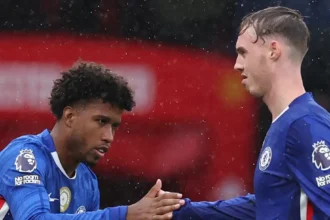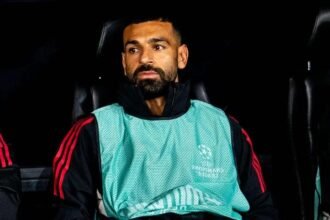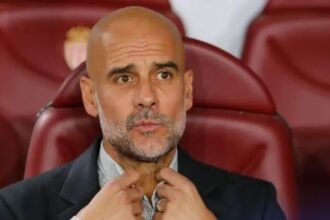Crystal Palace’s demotion from the Europa League to the UEFA Conference League after their historic FA Cup win has sparked outrage across English football. The decision, driven by UEFA’s controversial multi-club ownership rules, has left Palace chairman Steve Parish fuming and raised questions about the fairness of European football’s governance.
UEFA’s Harsh Call on Palace Sparks Outrage Across Football
Crystal Palace’s dream return to European football after their historic FA Cup triumph has been soured by UEFA’s decision to deny them a place in the Europa League. The governing body’s enforcement of a contentious March 1 deadline has cost Palace their group-stage berth — a decision chairman Steve Parish has branded “one of the greatest injustices in European football.”
The ruling centres on American businessman John Textor’s former 43% stake in Palace via Eagle Football, which also owned French club Lyon. UEFA claims this breached multi-club ownership regulations despite Textor having since sold his shares and stepped away from Lyon. The kicker? Palace had no control over Textor’s compliance with UEFA’s deadline, and the issue was resolved long before the tournament’s start.
Parish, understandably furious, described the punishment as “disproportionate,” especially when compared with lenient fines handed out to clubs like Chelsea, Aston Villa, and Barcelona for actual financial breaches.
The Harsh Reality Behind a Historic Moment
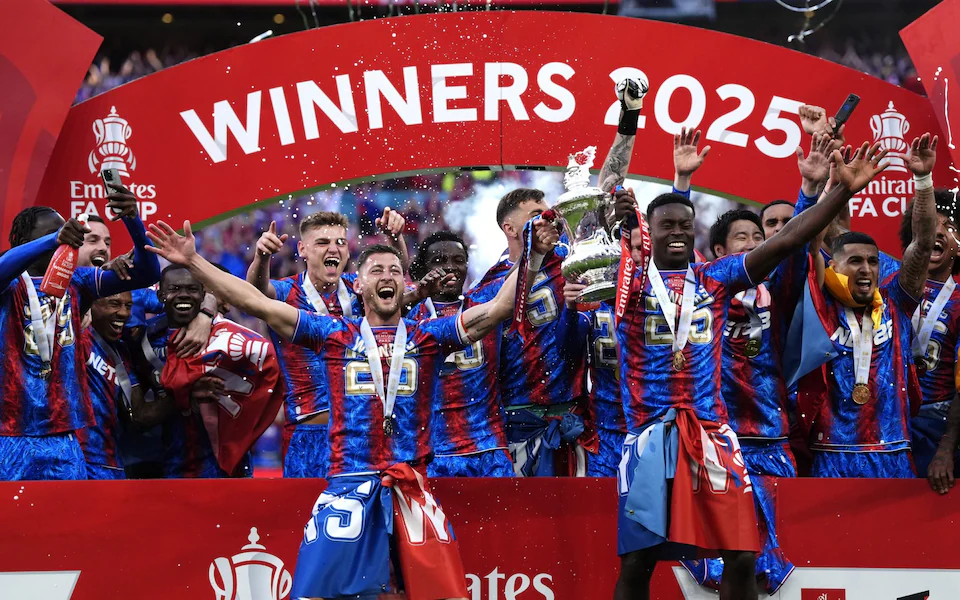
Palace’s Europa League qualification was not a fluke. It was earned the hard way — by lifting the FA Cup for the first time in their 119-year history. But due to UEFA’s technical enforcement of a rule that’s already shown inconsistencies elsewhere, Palace will now drop into the Conference League qualifiers — two matches in August that could derail their season before it begins.
Nottingham Forest, who finished seventh in the Premier League, are in line to inherit Palace’s place. But many fans have questioned the ethics of benefiting from a rulebook technicality that penalises a club for something entirely out of their control.
Parish pulled no punches in an impassioned Sky Sports interview:
“It’s like winning the lottery and being denied the prize. We weren’t part of a multi-club ownership model. We didn’t share staff or decision-makers with Lyon. Textor had no operational influence. Yet we’re punished like rule-breakers.”
He also pointed out the absurdity that clubs with actual overlapping control structures — like Manchester City and Girona or RB Leipzig and Salzburg — have been allowed to compete in the same European tournaments without issue. Palace, on the other hand, never had joint operations or shared decision-making with Lyon.
UEFA’s Logic Under Fire

UEFA’s decision, led by Sunil Gulati, chairman of the financial control body, was intended as a show of strength in the fight against the potential conflicts posed by multi-club ownership. Yet the execution has been widely condemned. Gulati’s interpretation ignored context and precedent, prioritising the rigidity of a deadline over the spirit of fair competition.
Textor’s stake in Palace never crossed the threshold of decisive control. It was a 43% indirect holding via Eagle Football — and that holding itself was sold before UEFA competitions kick off. For other clubs in similar situations, UEFA has allowed grace periods and compromise. For Palace, the hammer came down.
Financial & Competitive Damage
The Conference League, while still a European stage, offers significantly less prize money and zero access to the Champions League, even for its winner. That’s not just a financial hit — it’s a symbolic one. Palace’s achievement, one of the most impressive cup runs by a non-elite English side in recent memory, has effectively been devalued.
Moreover, this isn’t just a missed opportunity for Palace. It’s a broader indictment of how UEFA’s legal and regulatory frameworks are often inconsistently enforced. The timing of the March 1 deadline was particularly cruel — Palace hadn’t even reached the FA Cup quarter-finals at that point.
“They passed a rule to solve problems caused by other clubs in other years,” Parish said. “We’ve become collateral damage in that process.”
Forest’s Dilemma and Football’s Moral Compass
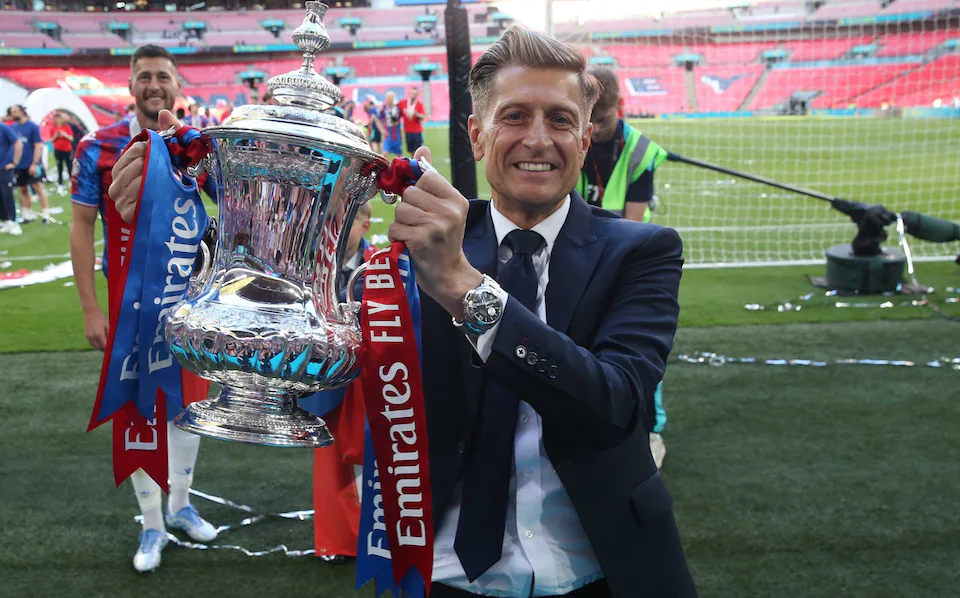
Forest, a club steeped in European history themselves, now face a strange dilemma. While they haven’t made an official statement, some Forest fans have shown solidarity with Palace, with many contacting Parish directly to express their discomfort at potentially benefiting from what they see as an injustice.
It’s unlikely Forest will refuse the spot — UEFA certainly won’t expect them to. But it places the entire situation in a troubling light. If the system punishes clubs doing things the right way while allowing others to bend rules, where is the consistency?
Palace are now considering an appeal to the Court of Arbitration for Sport, hoping for the kind of reversal Manchester City secured in 2020. But the resources at Palace’s disposal are a far cry from those of Europe’s elite.
Still, their fight is symbolic. A stand for fairness, proportionality, and for every club that dreams of reaching Europe not through spending, but through merit.




